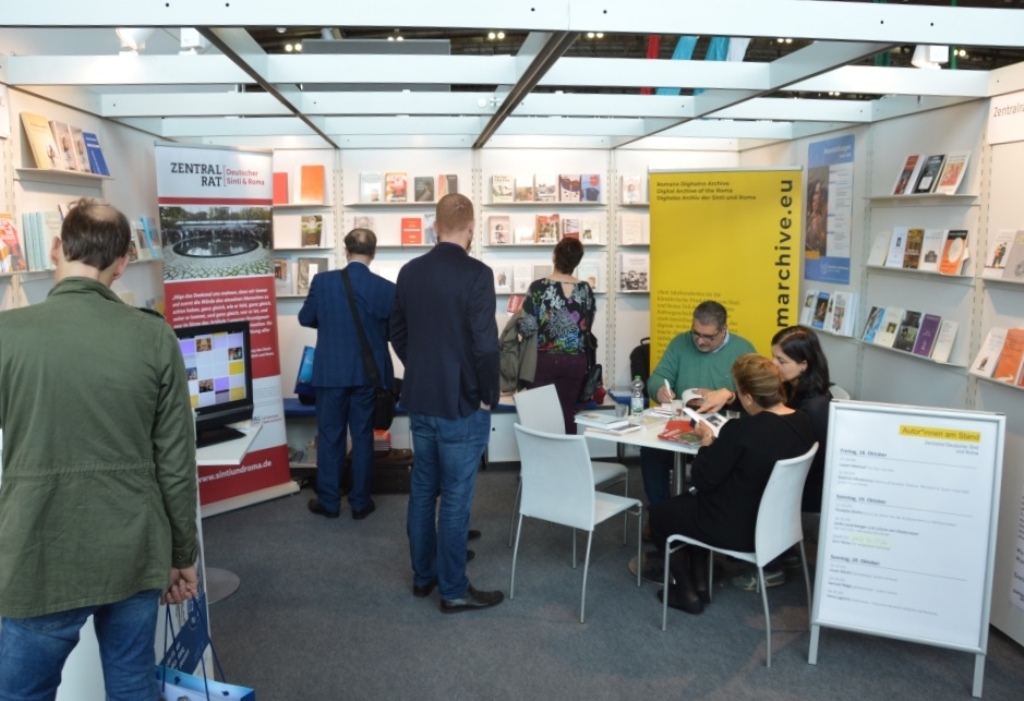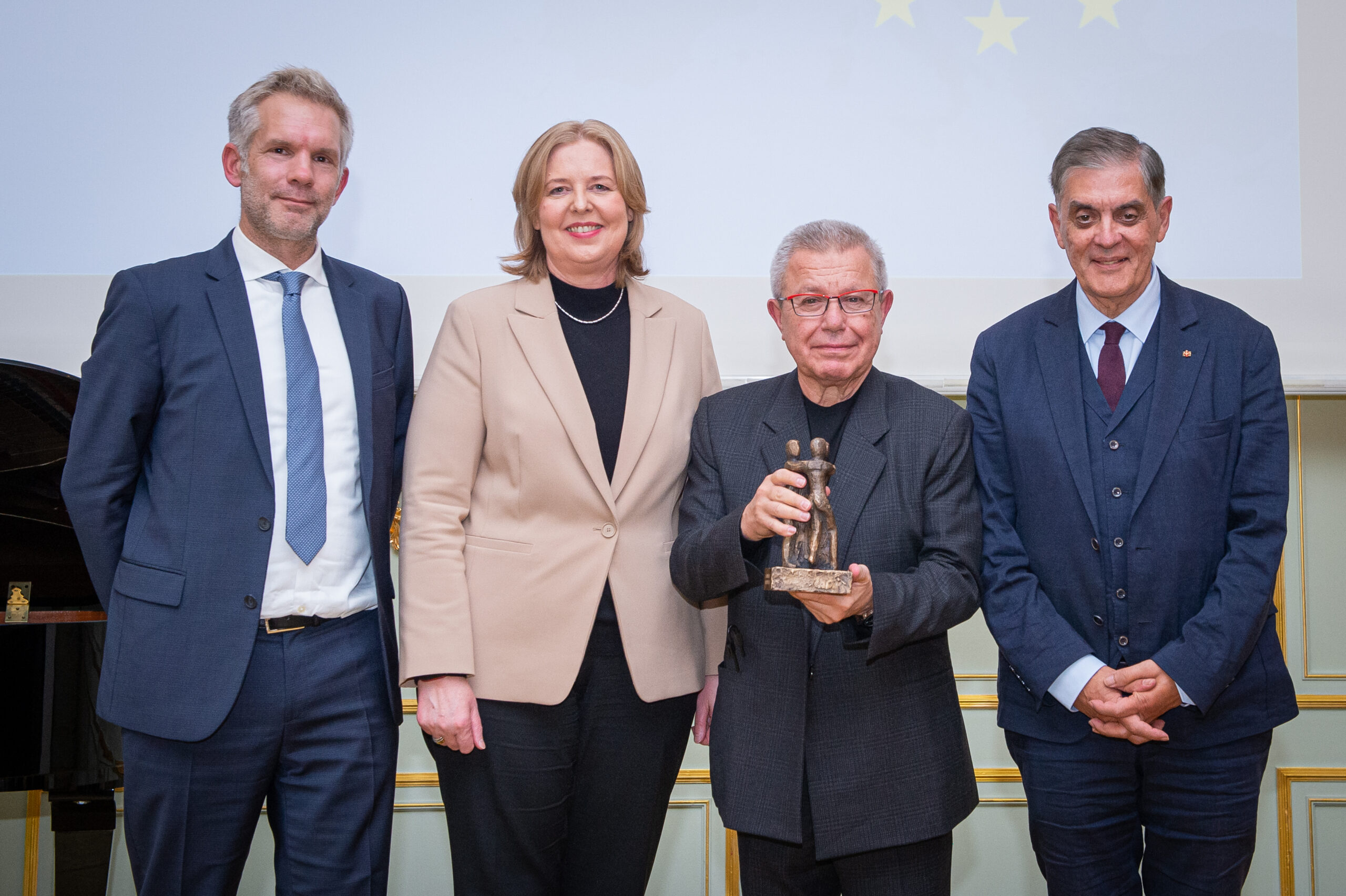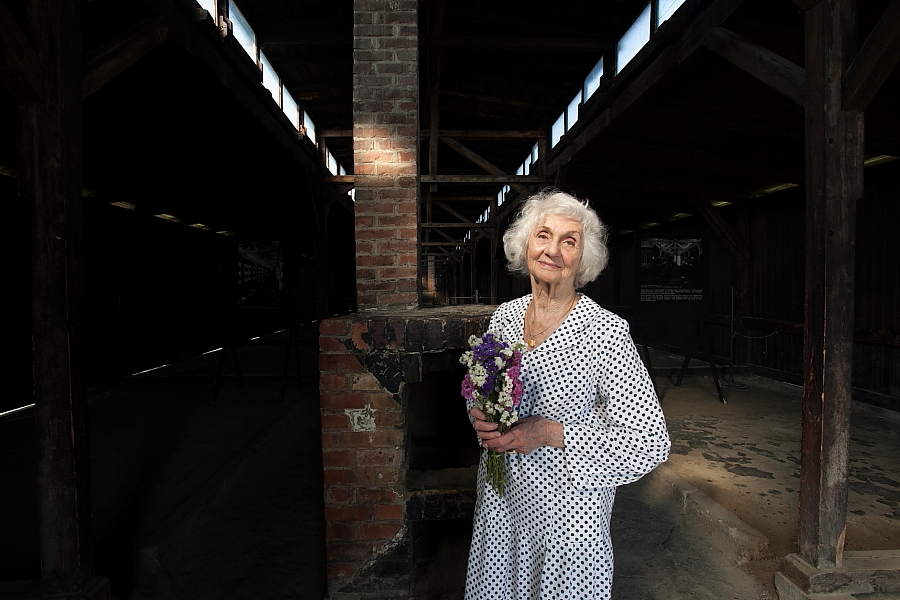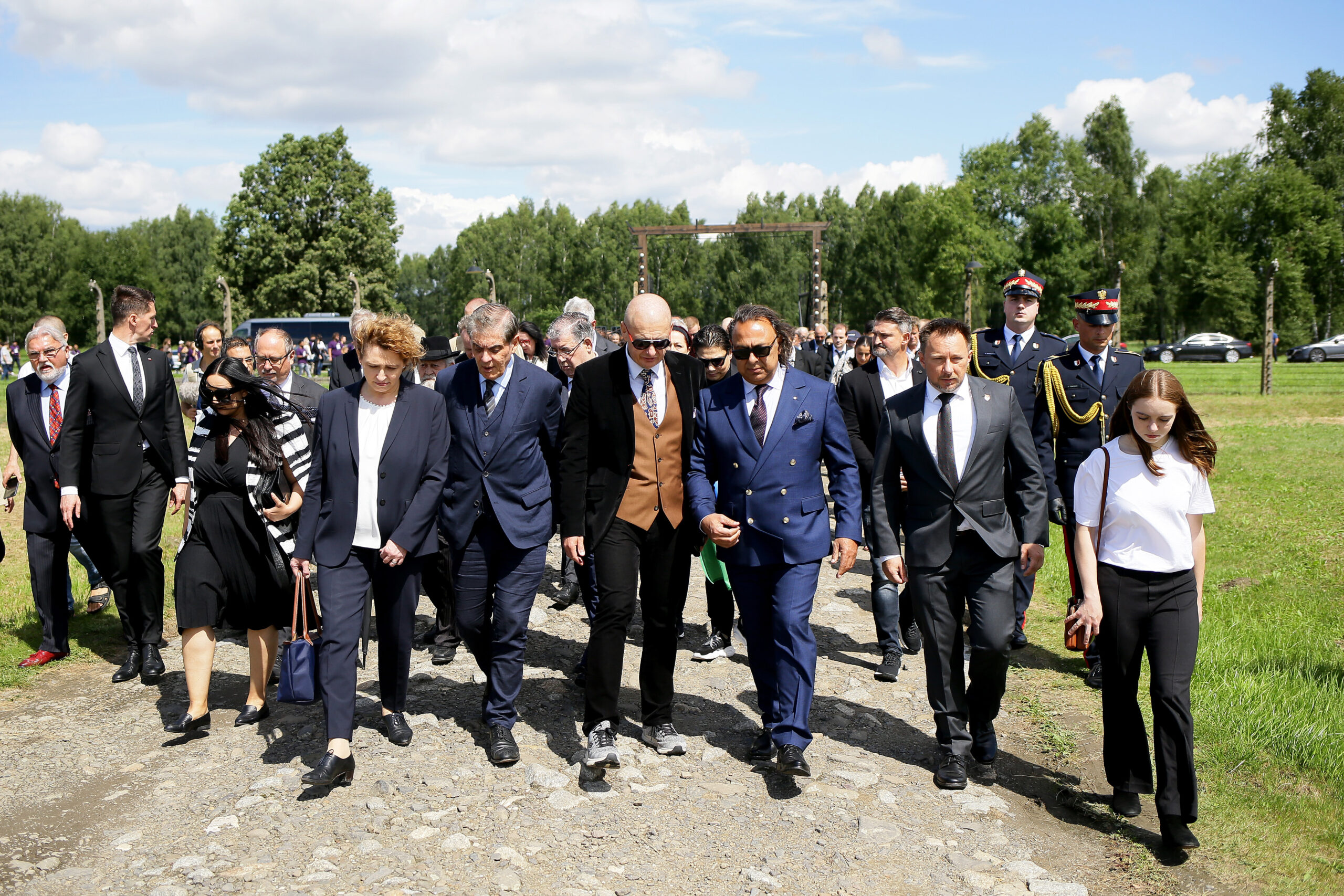With a booth at the Frankfurt Book Fair, the world’s largest book fair, the Documentation Center and the Central Council have shown that ‘Roma literature’ basically knows no borders. Roma live in Germany, in Europe, in the world. And they also write everywhere – either in Romany or in their respective national language. In recent years and decades, Roma have written both autobiographical and fictional literature. The literary output of Eastern European Roma authors has been particularly fruitful in this regard.






The Roma classics – which include Alexander Germano, Matéo Maximoff and José Heredia Maya – have, above all, described social reality, exclusion and misery, but also hope in their works. In the German-speaking world, centuries of persecution and extermination had led to a literary silence for a long time that has only recently been ended with autobiographical texts, especially about Holocaust experiences.
At the book fair, the numerous visitors to the booth were offered an overview of the rich diversity of so-called Roma literature, which has so far barely penetrated the public consciousness. The focus of the selected literature was on the self-representation of the members of the minority. We primarily did not want to show literature ‘about’ Sinti and Roma, but literature ‘by’ Sinti and Roma, which was also evident in our accompanying program. The appearance was accompanied by numerous events, such as readings, panel discussions or authors who talked about their works and their experiences as creative artists and members of the minority.




